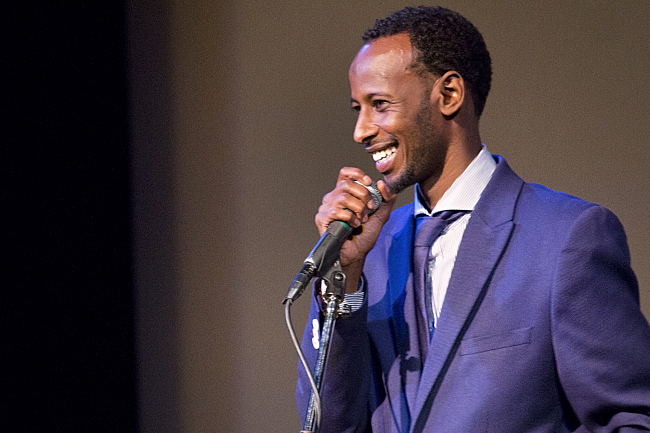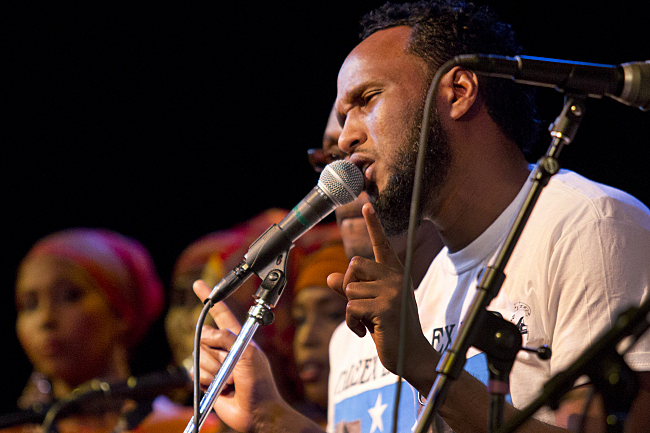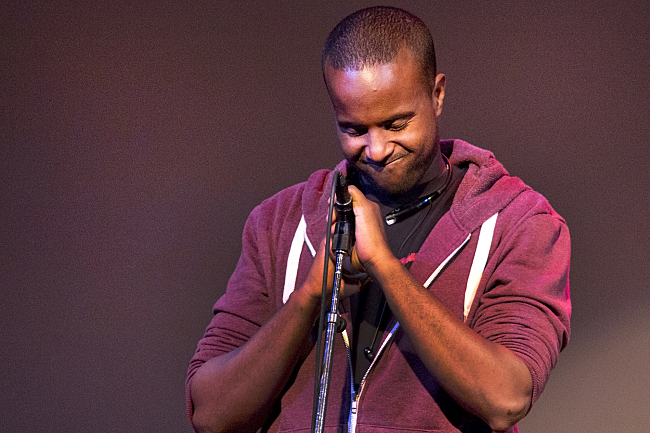When Somalis fled their war-torn homeland over the last two decades, many took with them the seeds of discord underlying the conflict.
Following the collapse of the dictatorship that ruled Somalia in the early 1990s, a renewed focus on tribalism fueled civil war, forcing hundreds of thousands to flee their homes.
"We have seen parents, youngsters get raped in front of us by other tribe, killed by other tribe," said Shacido Shaie, a 29-year-old Somali activist in the Twin Cities. "They killed someone you loved. They destroyed the entire country. You can never forget that."
Many Somalis found new homes in Europe and the United States. Like immigrants from other countries, they often became targets of racism. But in the last five years, they've focused on a different kind of prejudice — how some in the Somali community discriminate against other Somalis from different tribes.
For some, social change begins with marches and public protests. But Twin Cities Somalis also are talking to each other.
About 200 people recently attended the Anti-Tribalism Movement Reconciliation Conference at the Cedar Cultural Center in Minneapolis, where there was community discourse, music, poetry and dance.
For decades, tribalism wasn't part of the Somali vernacular, notes Jibril Afyare, president of the Somali Citizens League in Minnesota.
"In my childhood, I didn't know anything about my neighbor's tribe," Afyare said. "We just played basketball and called people by their names."
But when violence took over the country tribal conflicts re-emerged, said Ahmed Hirsi, who organized the event at the Cedar.

When a then 12-year-old Hirsi asked his mother why they had to flee the country, she told him their home was on another tribe's territory and that they had to find somewhere else to live.
"It bothered me, because we all look the same — same language, same religion, everything," Hirsi said. "But yet there is this tribalism that is spreading. It's a disease."
Like racism, tribalism is an unsettling undercurrent to everyday life, said Hirsi, who hopes the reconciliation conference will lead to other community discussions. Hirsi recruited religious leaders and government representatives to speak about tribalism.
Also taking the stage were members of the Anti Tribalism Movement, a world leader in the fight against tribalism. It was founded on the idea that no tribe should degrade or discriminate against other tribes, said Bishara Mohamud, a member of the group.
"Tribalism affects us tribally, locally, politically, even in our community center," said Mohamud, who traveled from the United Kingdom for the event. "It's taken over."

For Hirsi, that is a depressing irony.
"Tribalism is actually why we're here," Hirsi said.
The tribalism that fed Somalia's civil war forced his family and many others to leave the country.
After nearly 15 years of war and the deaths of an estimated 500,000 people, it's hard not to be tribalistic, said Shaie, who came to the United States in 1992, at age 7.
For her, only young people can prompt change, especially since Somalis raised outside of Somalia have a much different history than those just a generation ahead of them.
"They can look at it and say, 'It was not my fault,'" Shaie explained. "'I was a baby, so why would I carry that?'"

"Tribe is your family tree, your history, where your great-great-grandfather came from," he said. "It's to know who you are."
Within the Somali diaspora, there's lots of talk about helping the homeland.
But for Mohamud, of the Anti Tribalism Movement, that's the wrong focus.
"Don't ask me what I can do for back home," she said. "I need to do something right here for my [new] home."
No comments:
Post a Comment